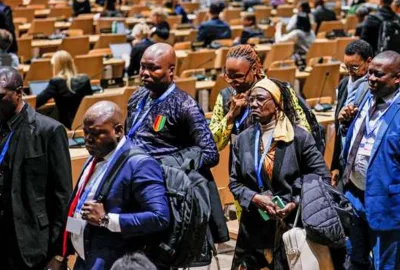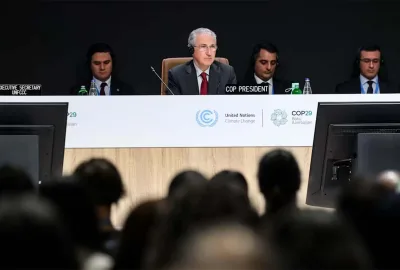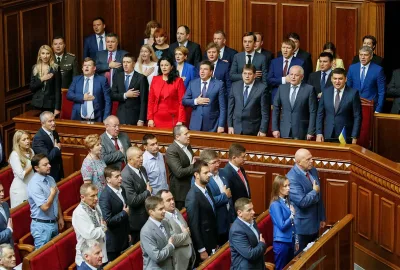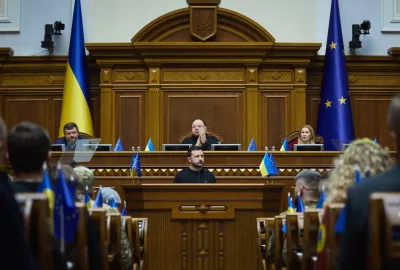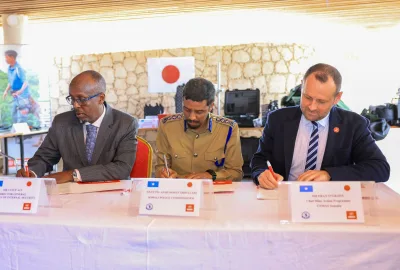The Declaration of the Consultative Conference of Beesha Dhulbahante held in London between April 21-24 2011…

The Declaration of the Consultative Conference of Beesha Dhulbahante held in London between April 21-24 2011 presents a sharp contrast with the last All-Dhulbahante conference held in Nairobi in 2009 out which Sool, Sanaag and Cayn leadership council had emerged. Politicians, traditional leaders and community activists attended the conference. The consultative meeting was organised by the Horn Economic and Social Policy Institute (HESPI), “an independent, non-profit think tank and consultancy firm established in 2006 for the countries of the Horn of Africa in particular and developing countries at large.”. One of Hespi’s objectives is: to work “towards prevention of intra-State and inter-State conflicts and facilitating dialogue to resolve emerging challenges before they develop into full fledged conflict.”
Of the six guiding principles on which the 14-point recommendations are based, two principles –(a) “peaceful, political dialogue in managing conflicts and(b) Peace-building, sinking the deep roots of stability and sustainable development”— show that the conference participants emphasise conflict resolution methods rather than conditional
talks. Principle number two—“democratic self-governance and the abiding rights tresistance against aggression”—is a challenge to Puntland and Somaliland administrations that rely on local politicians who don’t enjoy local support; it also commits anti-secession camps of SSC to unconditional talks with Somaliland whose president has inherited SSC conflict but has made unwise decisions to authorise attacks on a pro-union hamlets near Buuhoodle, after minor dispute over water- reservoir between two sub clans in November 2010.
The keyword in the declaration is wada-tashi—consultation—before any steps are taken to address the myriad challenges facing Sool, Sanaag and Cayn people.A follow up meeting was proposed to be held in Somalia. Resources to hold such a meeting will come from SSC people in and outside Somalia. The declaration is an action plan to be used for pulling together economic and intellectual resources of SSC people to put the 14-point recommendations into action.
The drafting of the communiqué was made possible by the approach meeting facilitators—Ali Issa Abdi and Mohamed Buraleh Farah— have used: they reminded participants that the meeting was not a contest for leadership or constituency seats. Participants have acknowledged that all groups—pro-Somaliland, pro-Puntland or pro-SSC leadership council—share any blame for under-development and lack of security in SSC territories.
Puntland and Somaliland administrations will no longer be able to pretend to have representatives from SSC constituencies in the two administrations. Just as the six principles will constrain SSC leadership council, Puntland and Somaliland leaders will be hard-pressed to explain why they view a group of politicians based in Garowe and Hargeisa as sole representatives of the clan to which the Diaspora members who met in London belong. Actions of Somaliland and Puntland presidents will be judged on the basis of : “ commitment to democratic self-governance and the abiding rights to resistance against aggression; and commitment to good practices in self governance such as accountability and transparency.” The consultative conference participants agreed that the model of representation and getting involved in neighboring administrations (Somaliland and Puntland) or forming a splinter group produced turn-coat politicians and militia leaders who thrive on conflict and stalemate.
The London consultative conference was conducted in an atmosphere of condour and self-criticism—two stepping- tones to reappraisal of political and social situations in SSC territories.
Liban Ahmad
libahm@gmail.com


